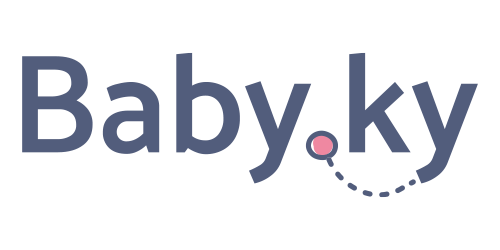The majority of pregnancies and births are free of complications. However, there are still instances where abnormalities or unexpected complications may arise. This is where a neonatologist plays a crucial role. A neonatologist is a paediatrician with specialised training in caring for newborns with complex conditions or illnesses. You may wonder, “In what situations would a neonatologist need to be present?” Below are some of the most common reasons.
Premature (Pre-term) Birth
If a baby is born before 37 weeks of gestation, this is considered a pre-term birth. A neonatologist will usually be present at birth to manage potential complications, such as underdeveloped organs, breathing difficulties, and temperature regulation. While there are times when pre-term birth can be anticipated, this is often not the case. In the Cayman Islands, there are neonatologists available (view the list of paediatricians and neonatologists in Grand Cayman here), most of whom provide care for pre-term infants from 23 weeks onwards.
Birth Complications
Complications during birth, ranging from high-risk deliveries (such as those involving gestational diabetes or pre-eclampsia) to emergency caesareans or cases of fetal distress, typically require a neonatologist to ensure the baby’s immediate health and safety.
Multiple Births
If you are expecting twins, triplets, or other multiples, it is generally recommended to have a neonatologist present due to the higher risk of complications, including premature birth, which may require advanced neonatal care.
Congenital Anomalies
If congenital conditions (such as heart defects or spina bifida) are detected during pregnancy through antenatal screenings or other means, a neonatologist will be needed to provide specialised care after birth.
Maternal Health Conditions
If the mother has certain health conditions from before pregnancy, such as heart disease or hypertension, or was diagnosed with conditions during pregnancy, like gestational diabetes or pre-eclampsia, this can increase the risk of complications at birth. Therefore, a neonatologist may be involved to ensure the baby receives appropriate care after birth.
Low Birth Weight
Newborns weighing less than 2,500 grams (5 pounds, 8 ounces) may require specialist care from a neonatologist to monitor feeding, growth, and overall health. In some cases, additional support or transfer to a specialised facility may be necessary.
Respiratory Distress or Emergencies
If a newborn is having difficulty breathing or showing signs of respiratory distress, a neonatologist is essential for providing life-saving interventions such as ventilation or resuscitation.
